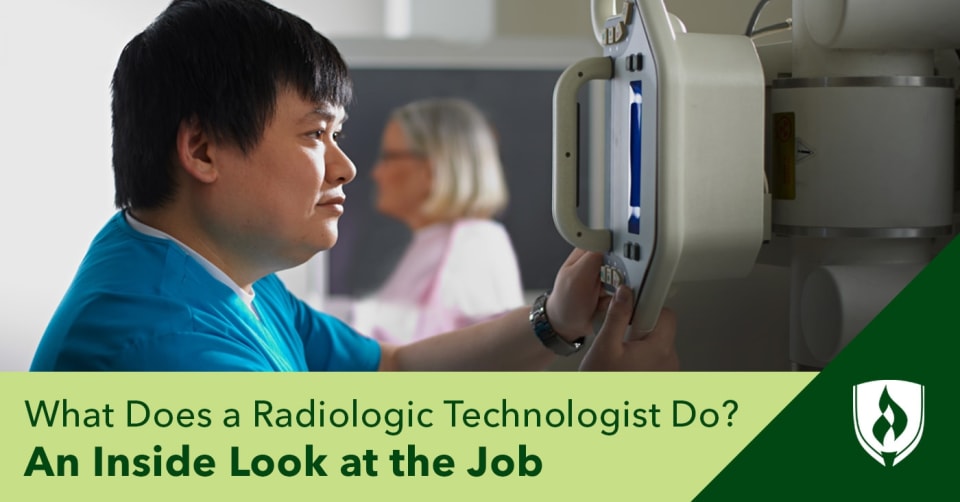

It is the responsibility of an MRI technologist to perform the proper test requested by a doctor. MRI technologists are employed in hospitals and clinics. An MRI technologist certified with the American Registry of Magnetic Resonance Imaging Technologists (is required to complete continuing education classes to renew certification every two years.
#Education for mri technologist registration
In accordance with ARRT's guidelines, "candidates pursuing post-primary pathway certification and registration in Magnetic Resonance Imaging must be certified and registered in radiography, nuclear medicine technology (registration through the Nuclear Medicine Technology Certification Board (NMTCB) is also accepted), radiation therapy, or sonography (registration through the American Registry for Diagnostic Medical Sonography (ARDMS) is also accepted)" and licensed in the State of Connecticut. The MRI Technologist Training program teaches you the art and science of Magnetic Resonance Imaging, which utilizes very strong magnetic fields and radio frequencies for imaging body tissues. Upon completion of both classroom instruction and clinical requirements, graduates may be eligible to sit for the national credentialing examination in magnetic resonance imaging offered by the American Registry of Radiologic Technologists (ARRT). Completion of clinical requirements may extend beyond the spring semester, as determined by individual student progress. Our 15+ clinical affiliates in the Greater Hartford area include major hospitals and private imaging offices, providing students real-world training.Ĭlasses begin in the fall, with completion of classroom instruction the following spring.Our program offers flexible schedules and evening classes. Some aspiring MRI Technologists go through a one year program, while others earn an Associates degree or even a Bachelors degree.Courses meet the American Registry of Radiologic Technologists' (ARRT) structured education requirement for post-primary certification.You’ll clock 900 clinical hours and develop the skills necessary to become a competent, entry level MRI technologist. Education is a dynamic, lifelong process of developing insights. Students will start working closely with experienced MRI technologists during patient exams by week six of the program You’ll rotate through a large variety of clinical rotations, including outpatient and inpatient settings.

In this advanced certificate program, students gain eligibility to earn an additional credential in MRI - highly attractive to potential employers. Registered MRI technologists certified by the American Registry of Resonance Imaging.


 0 kommentar(er)
0 kommentar(er)
